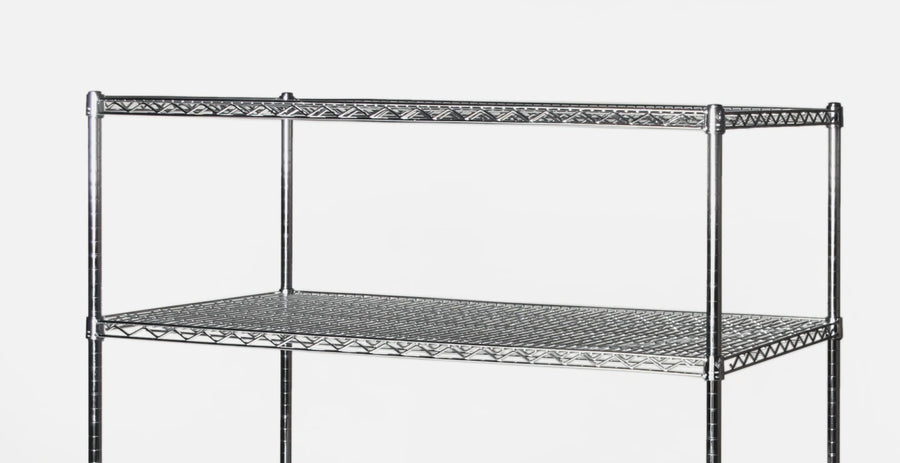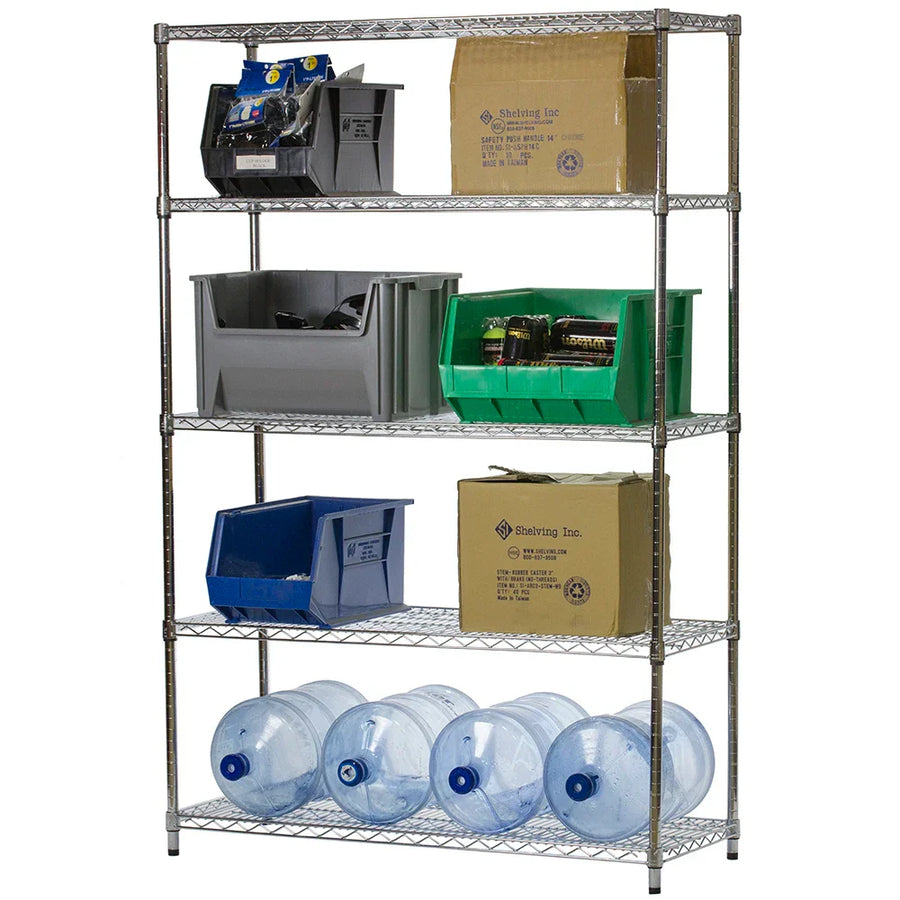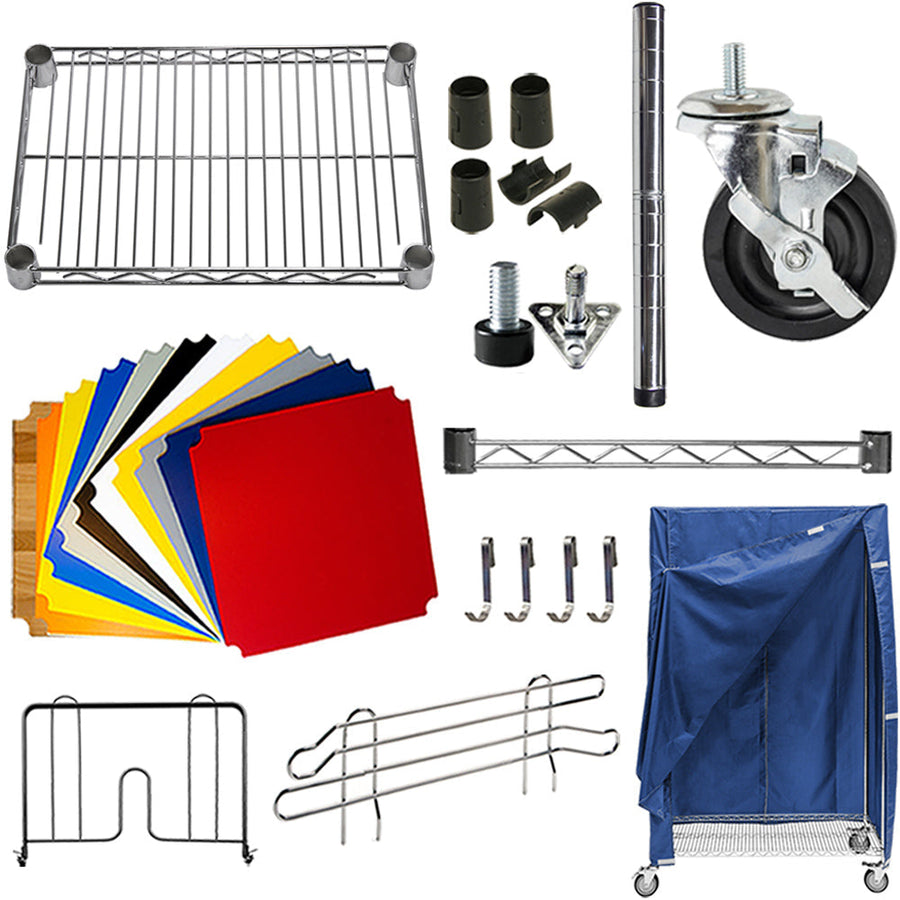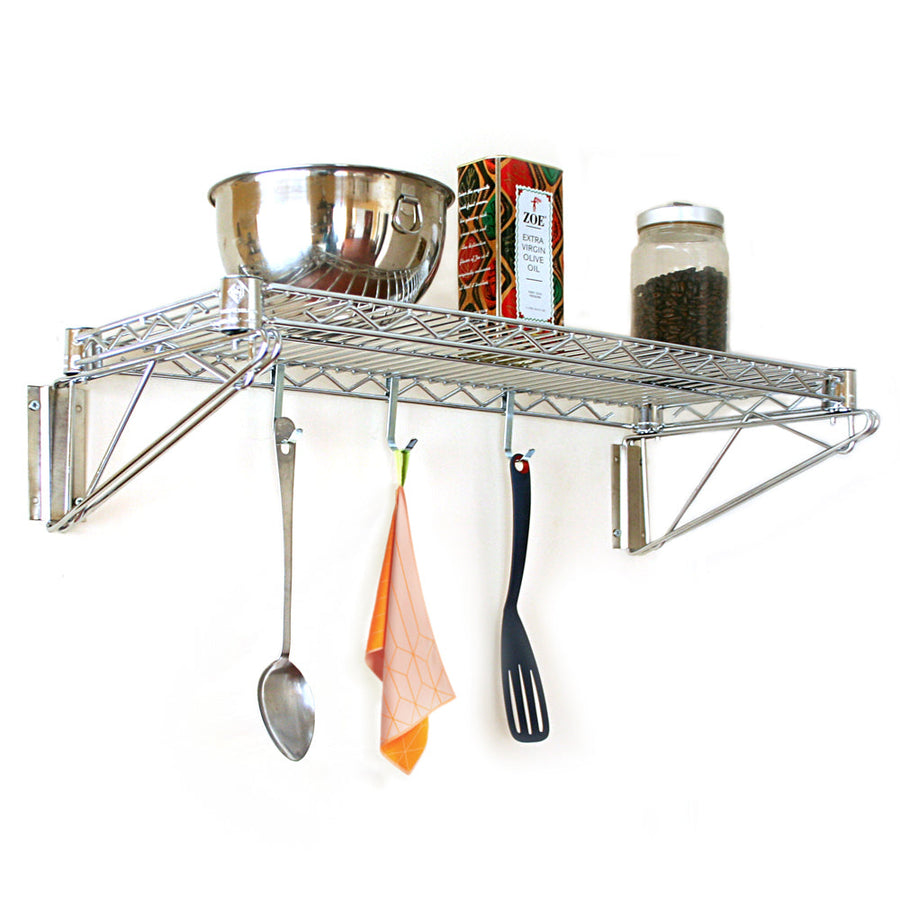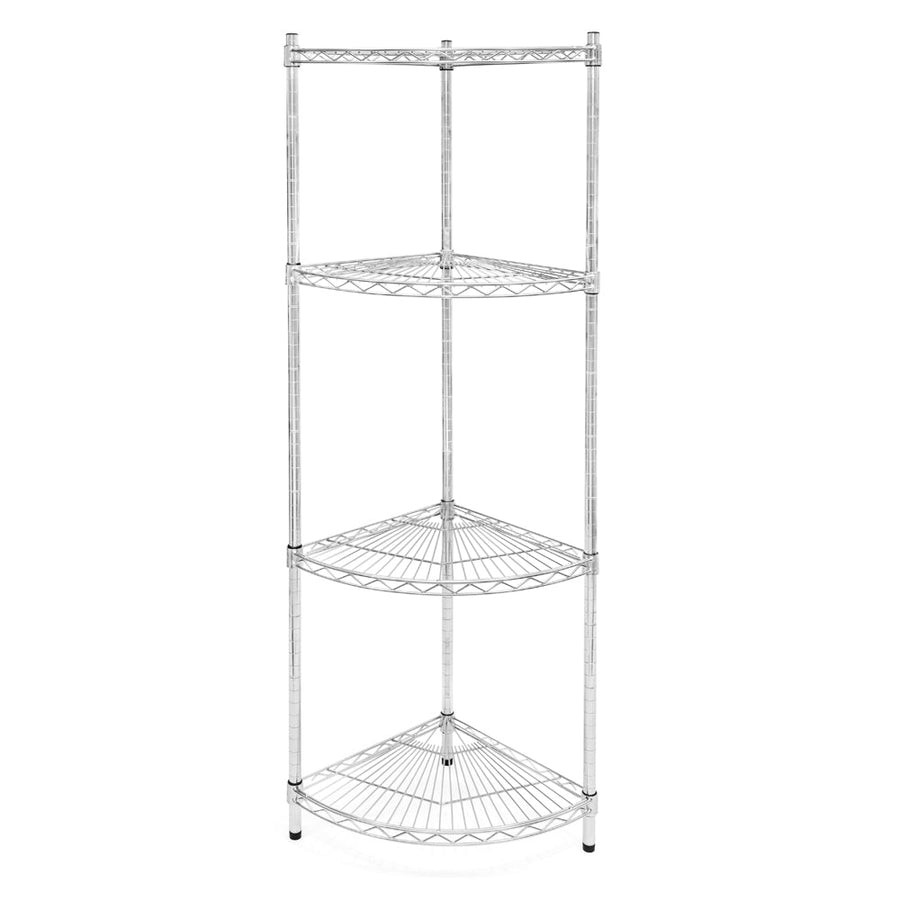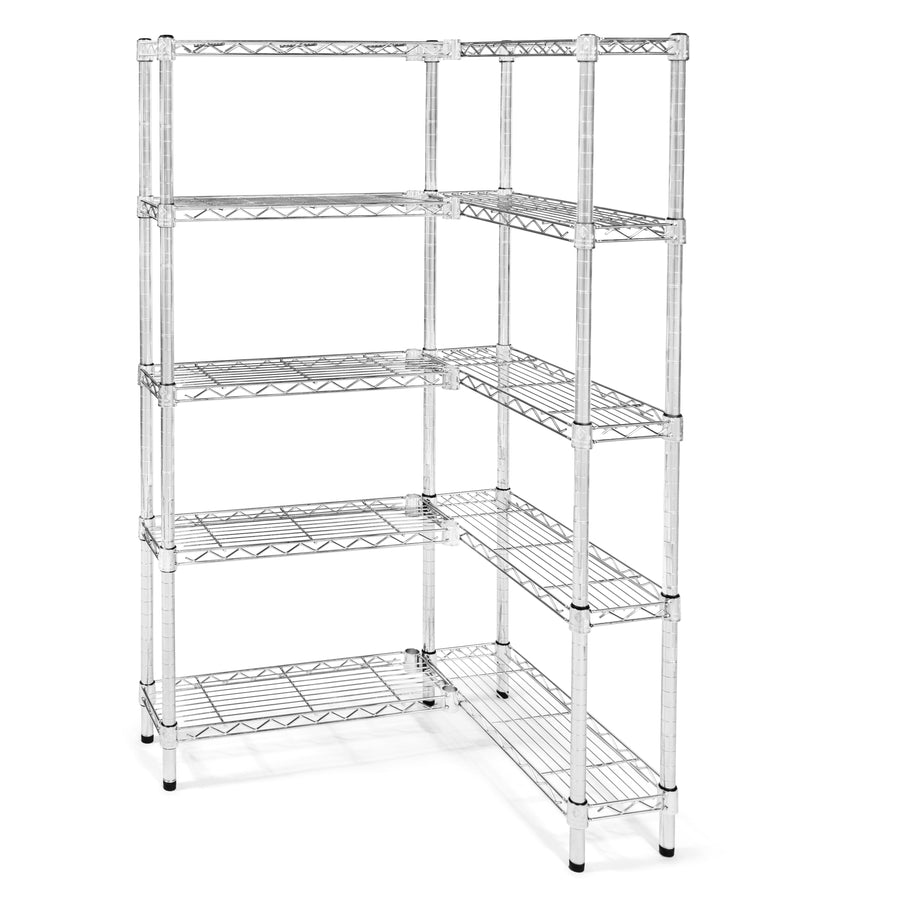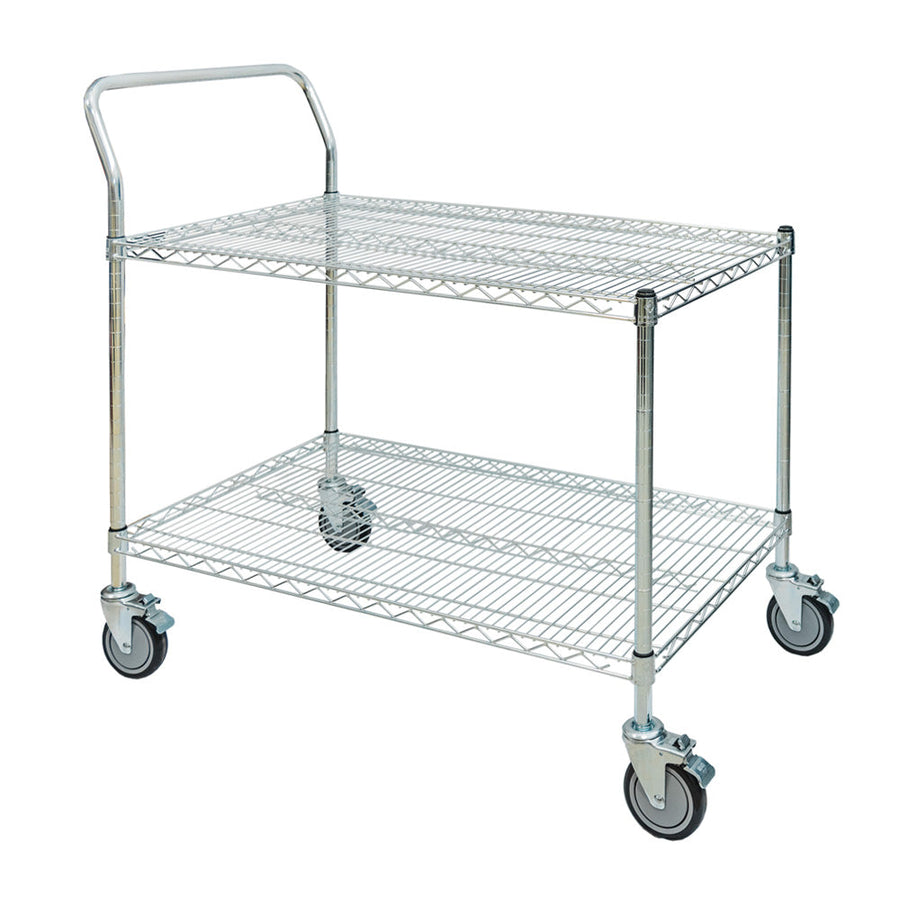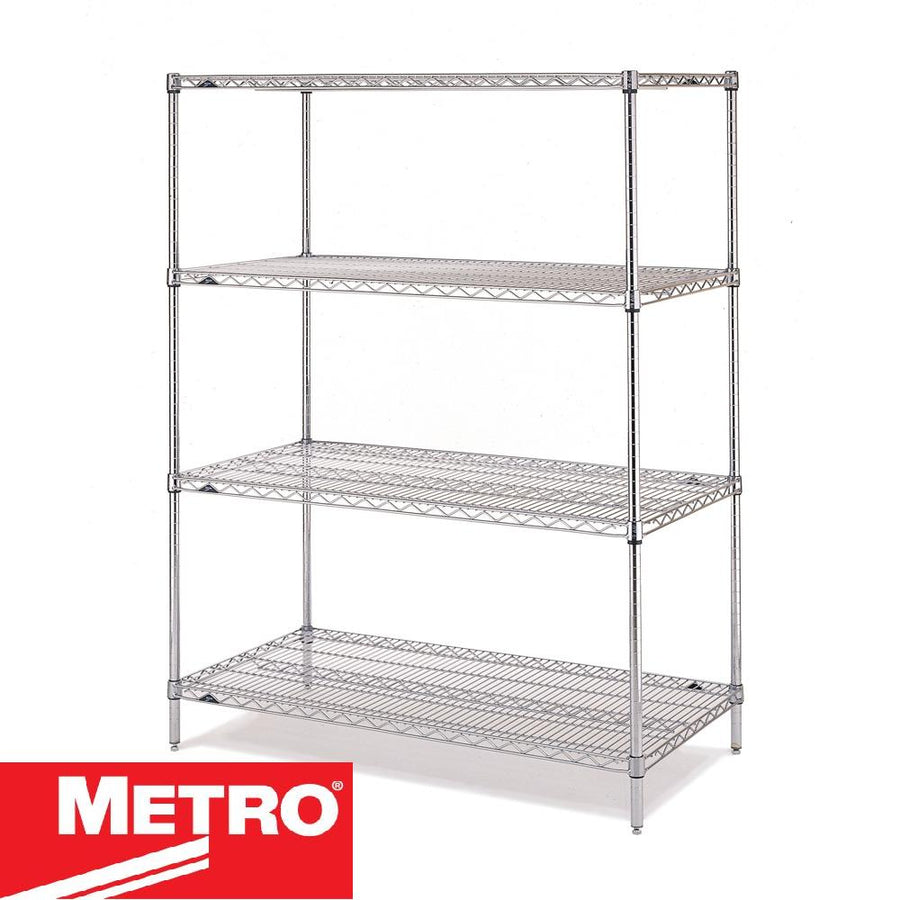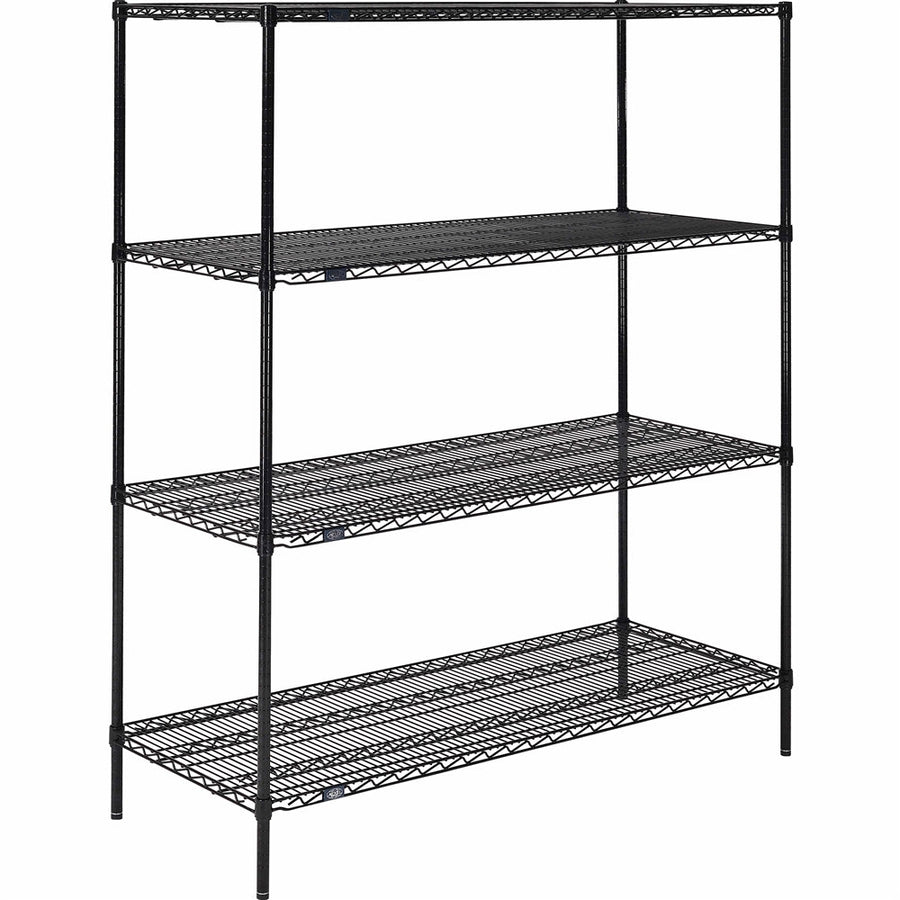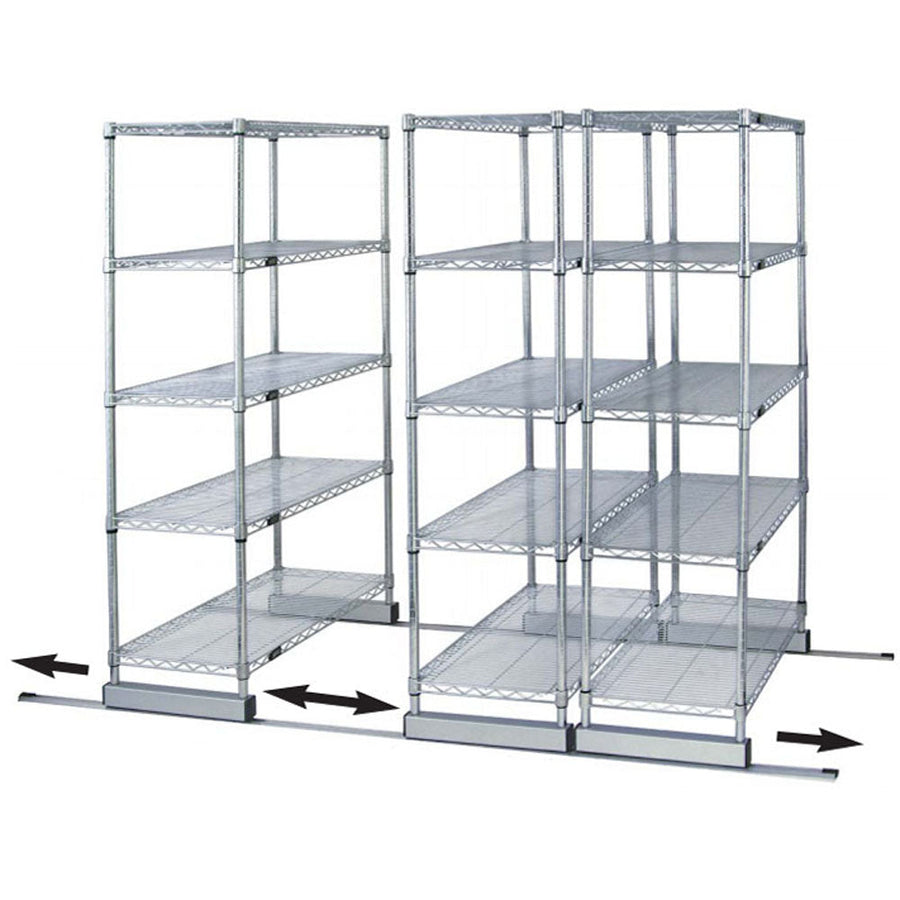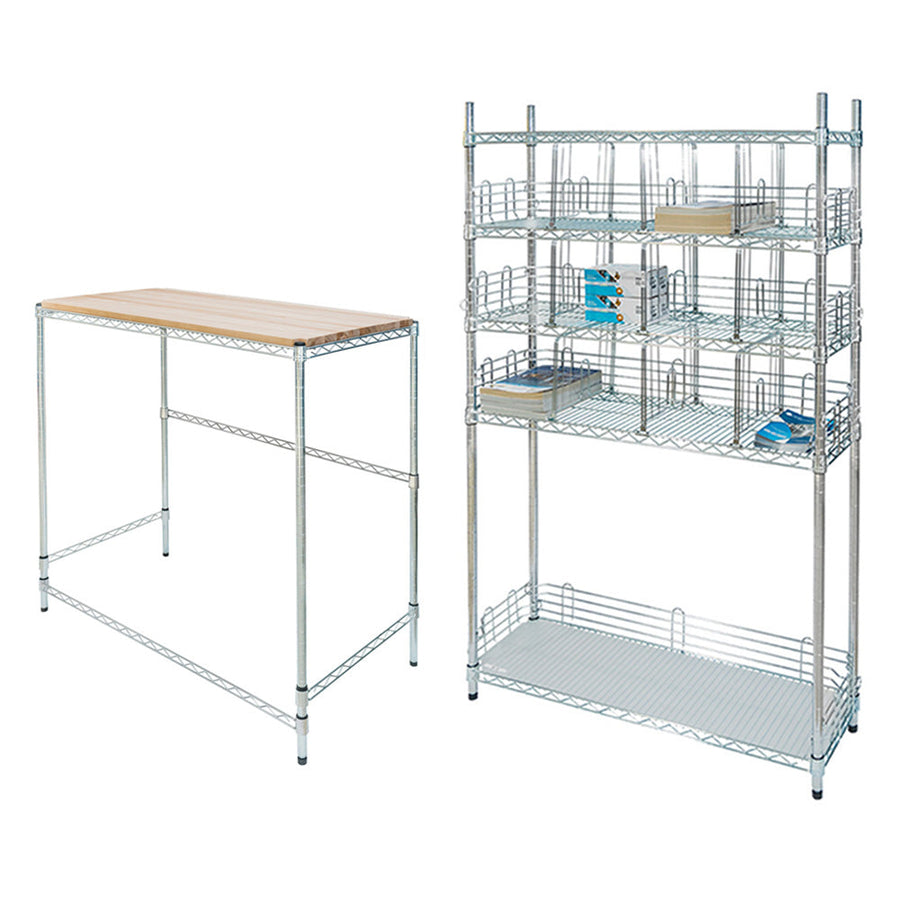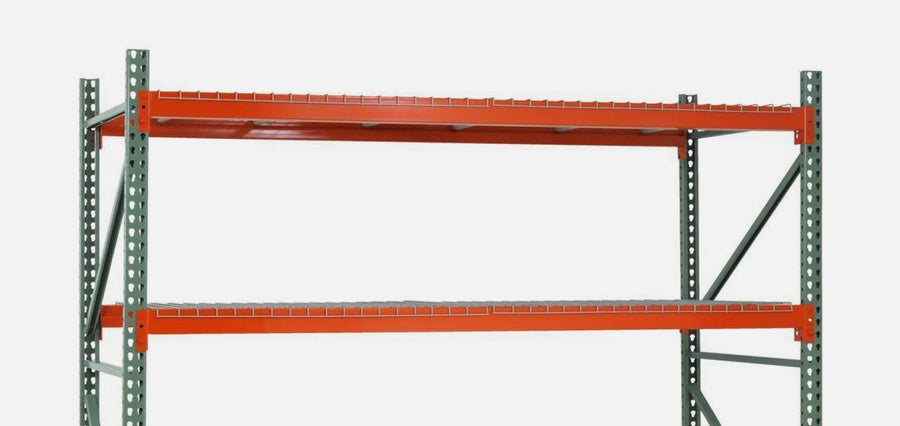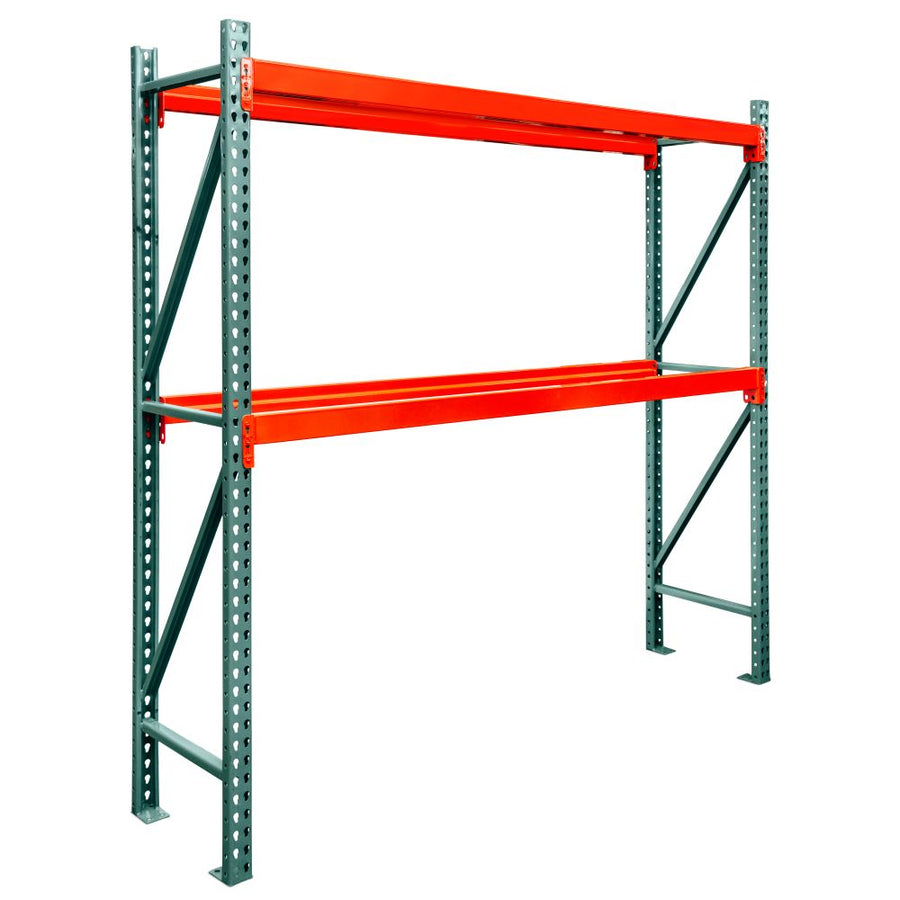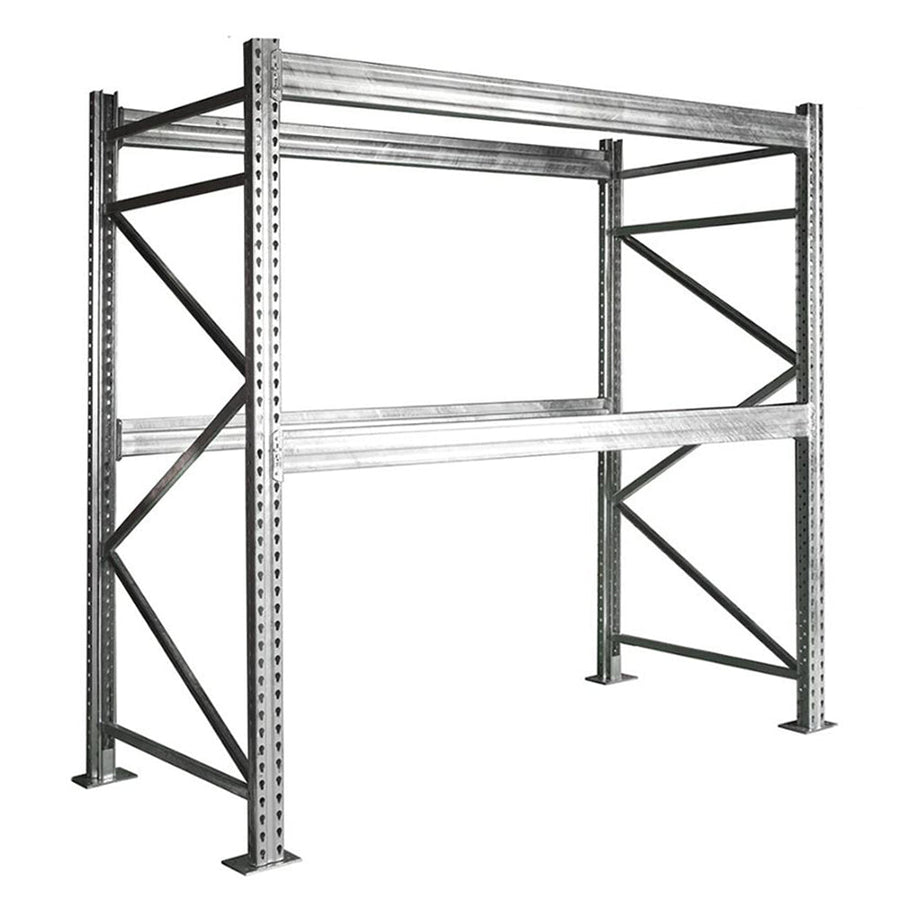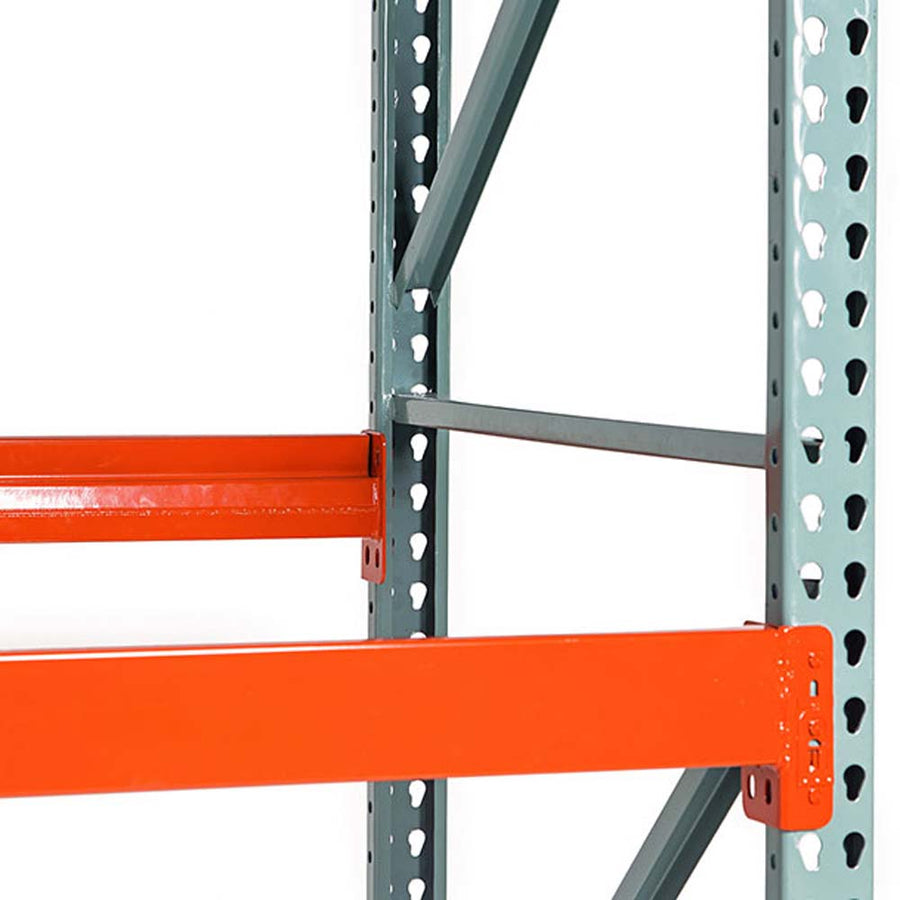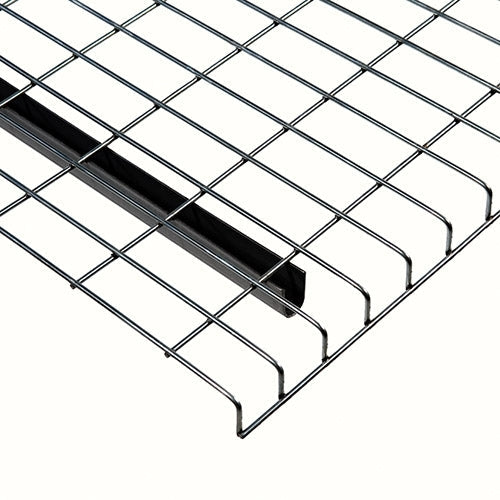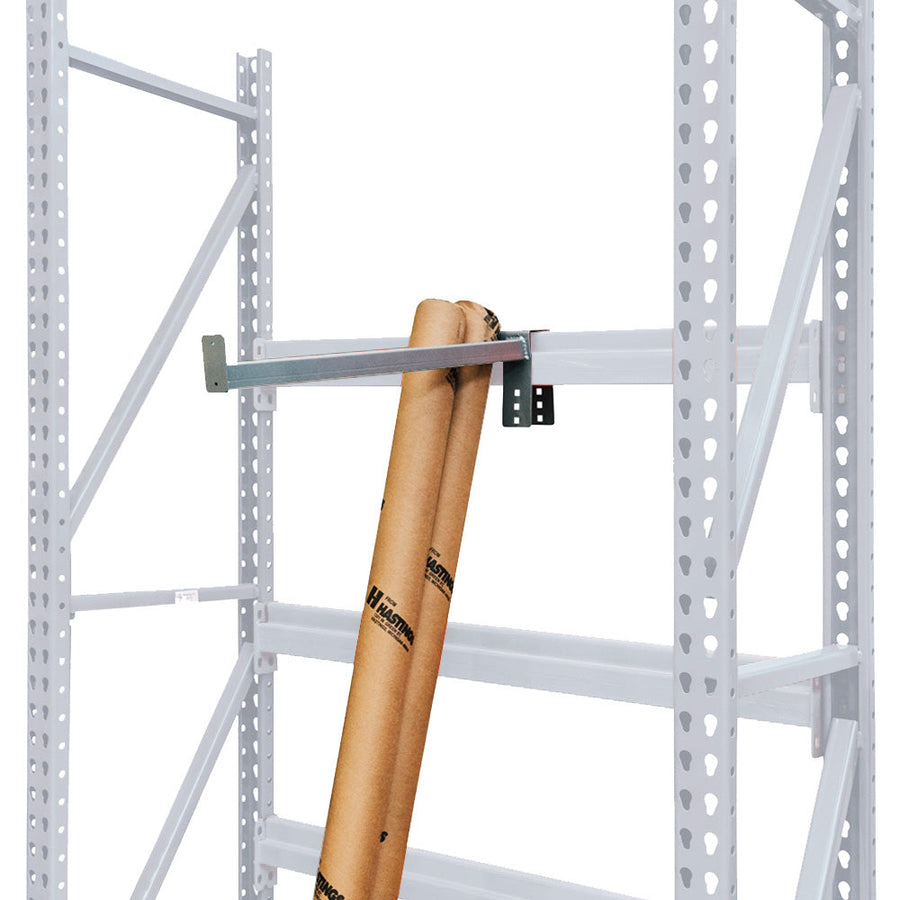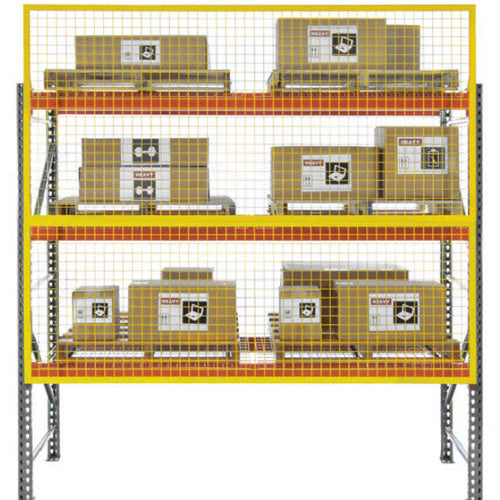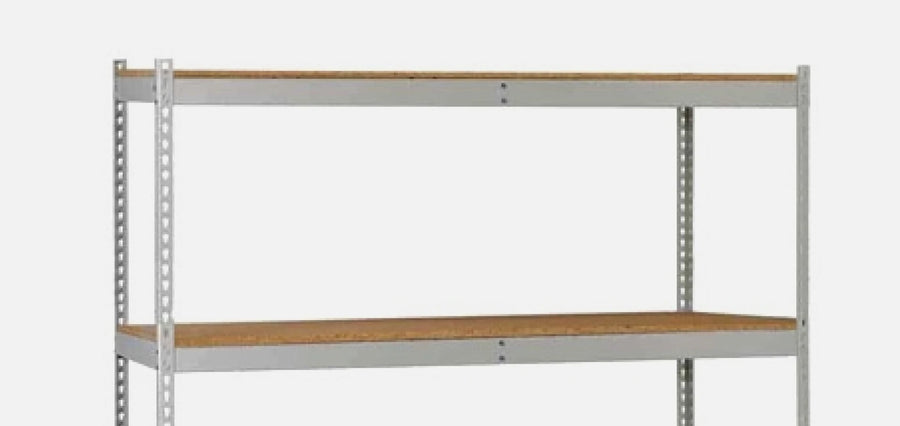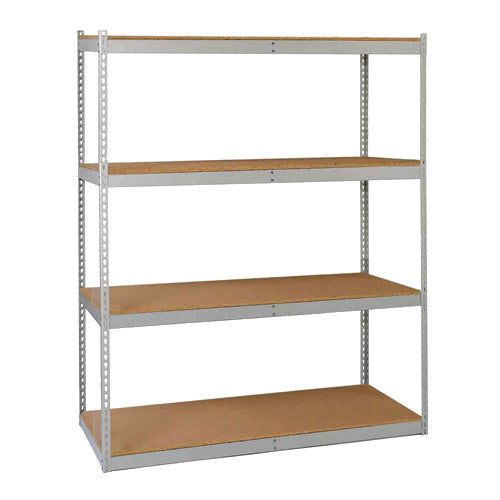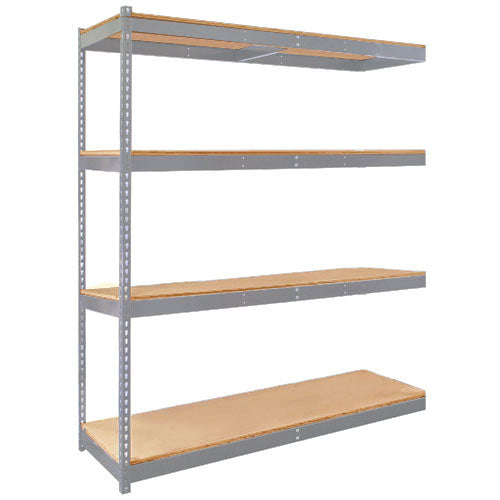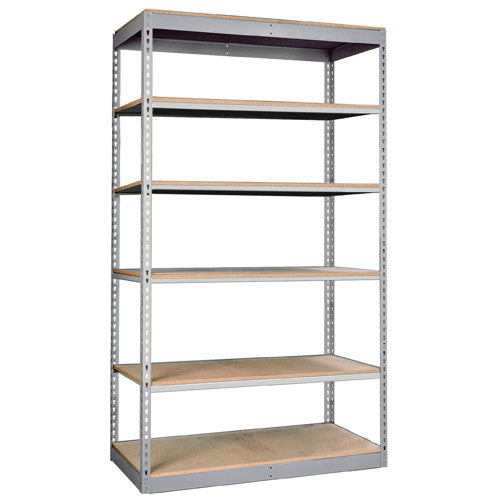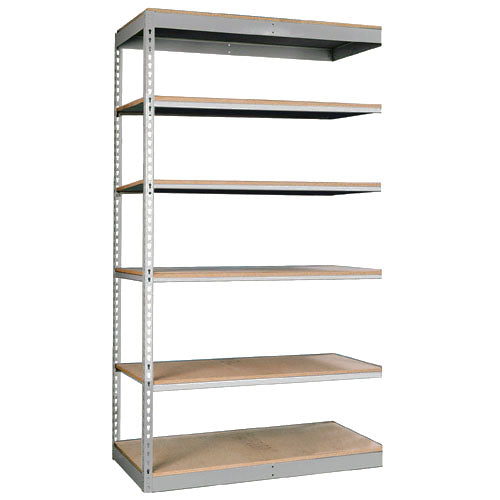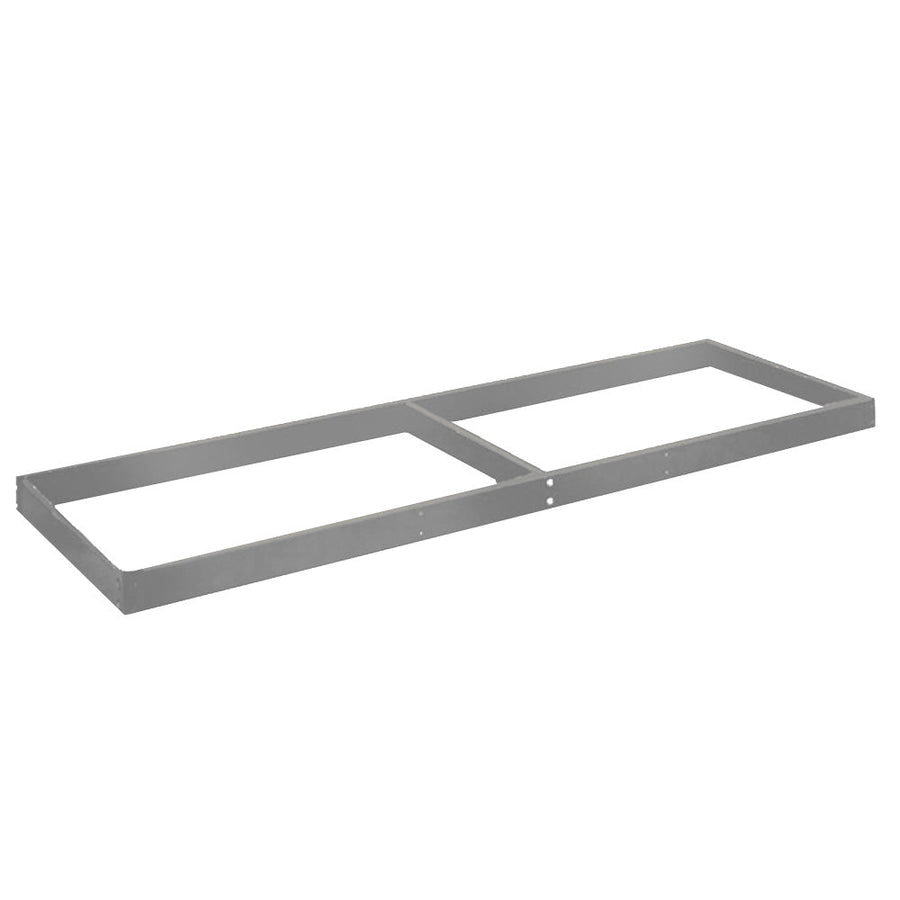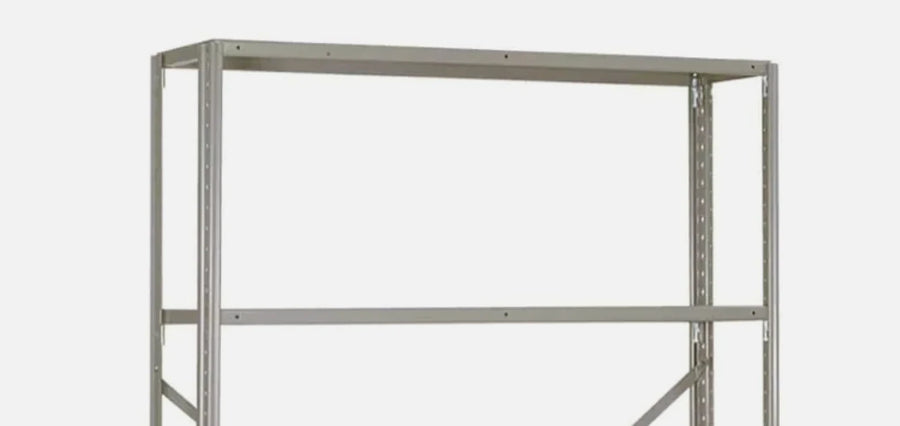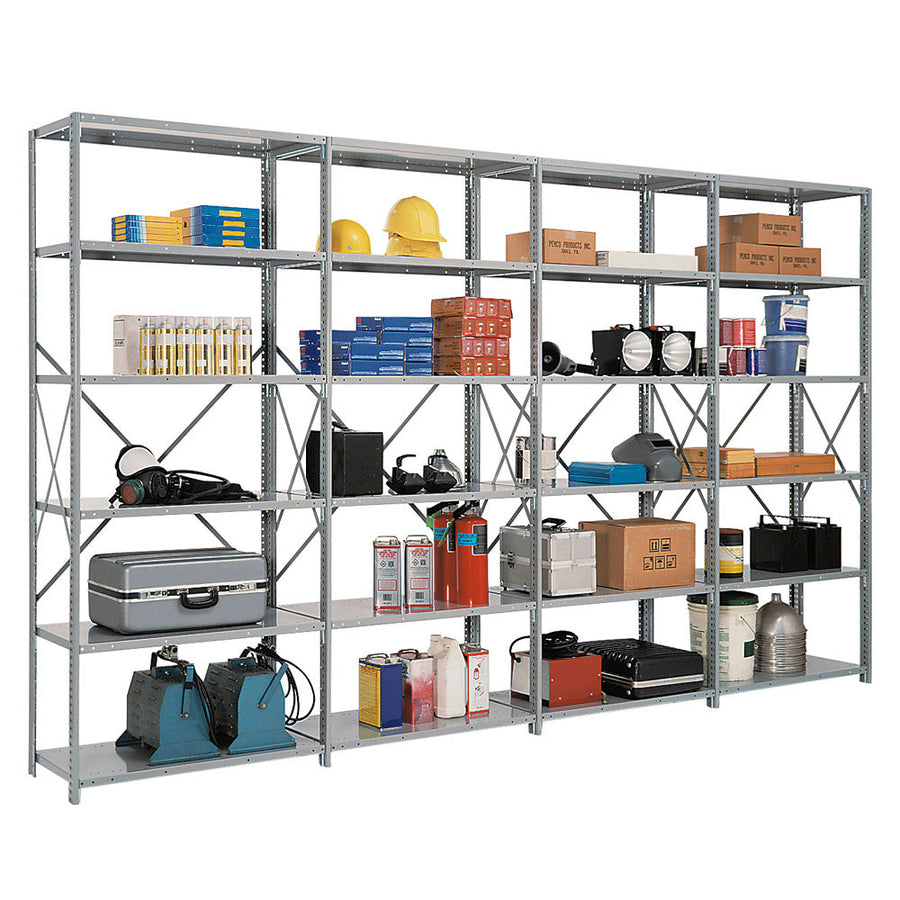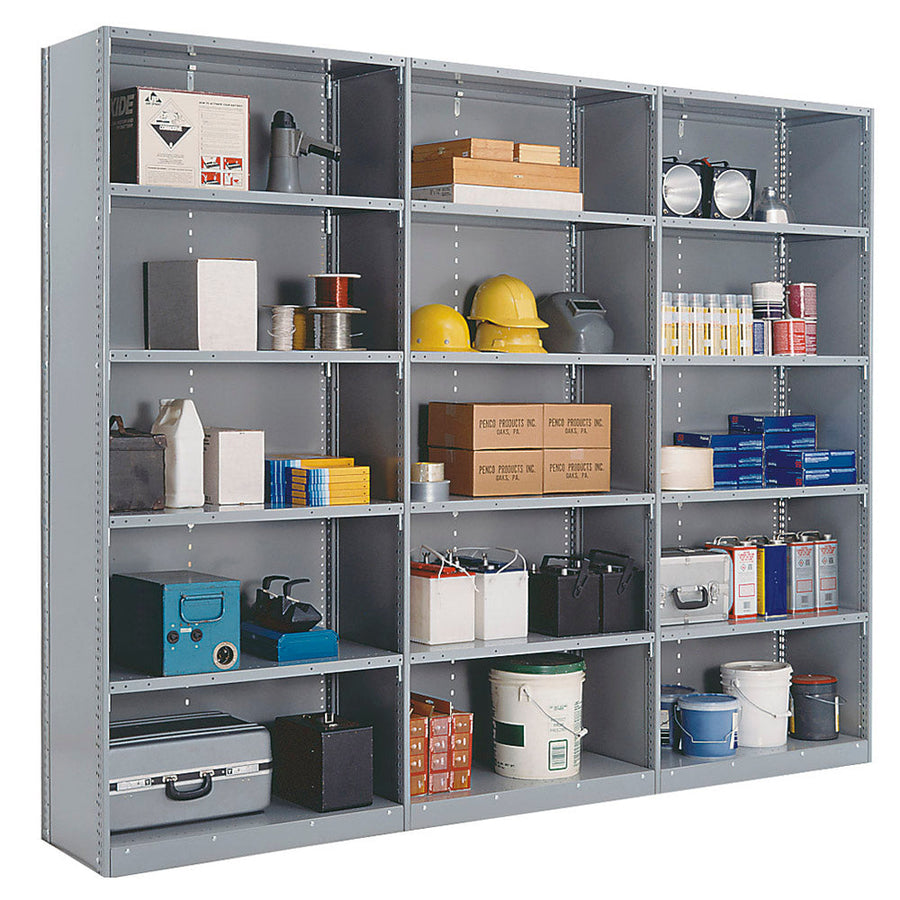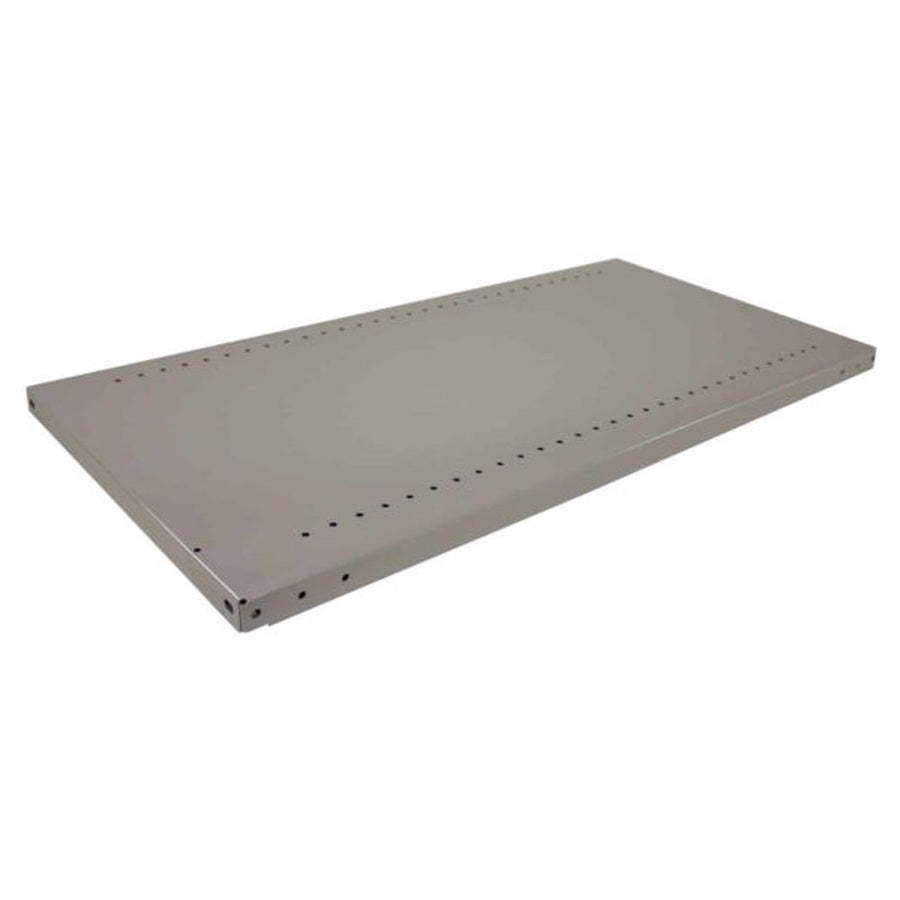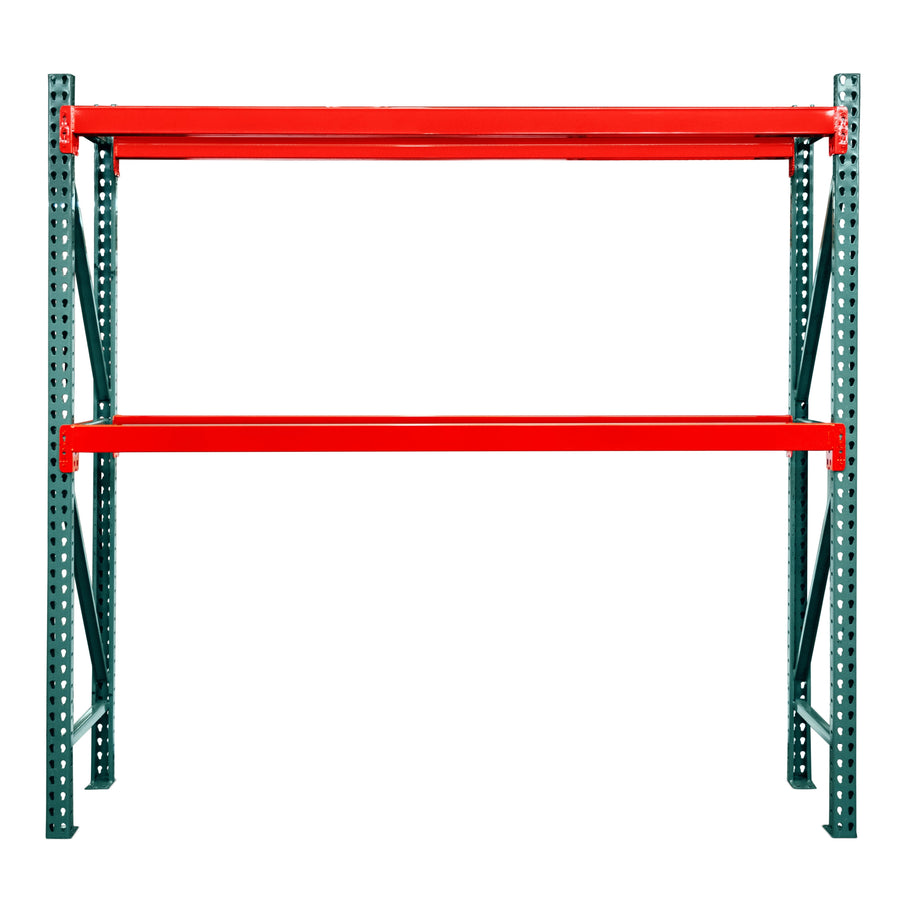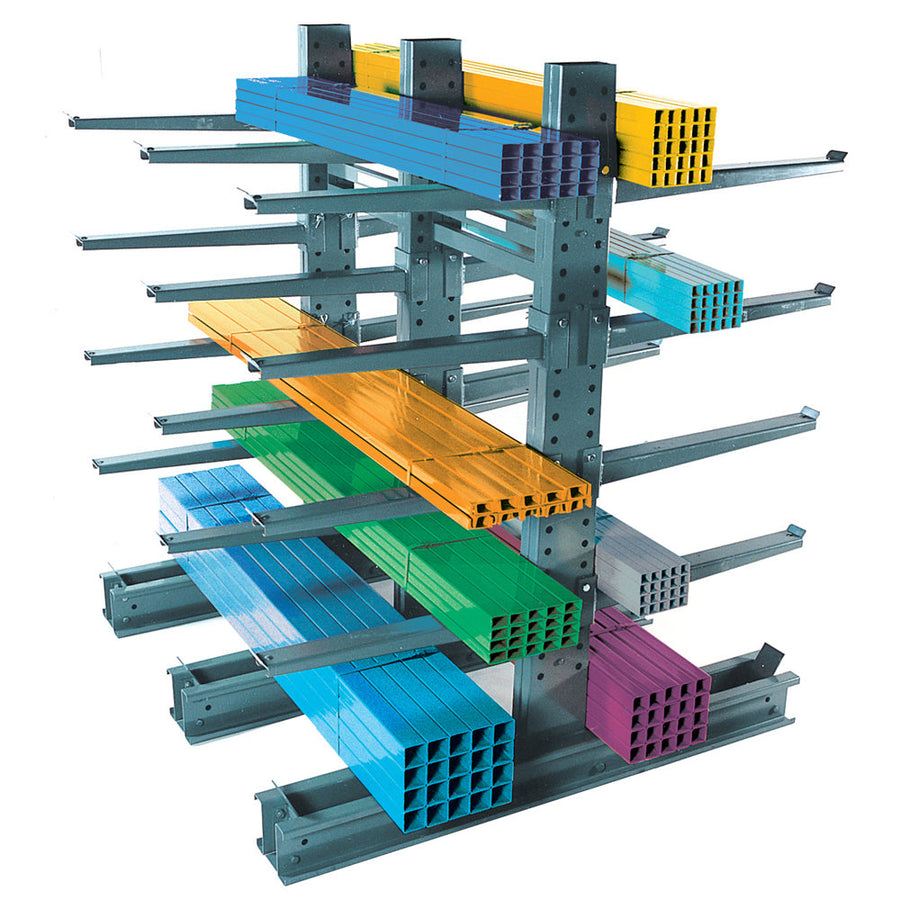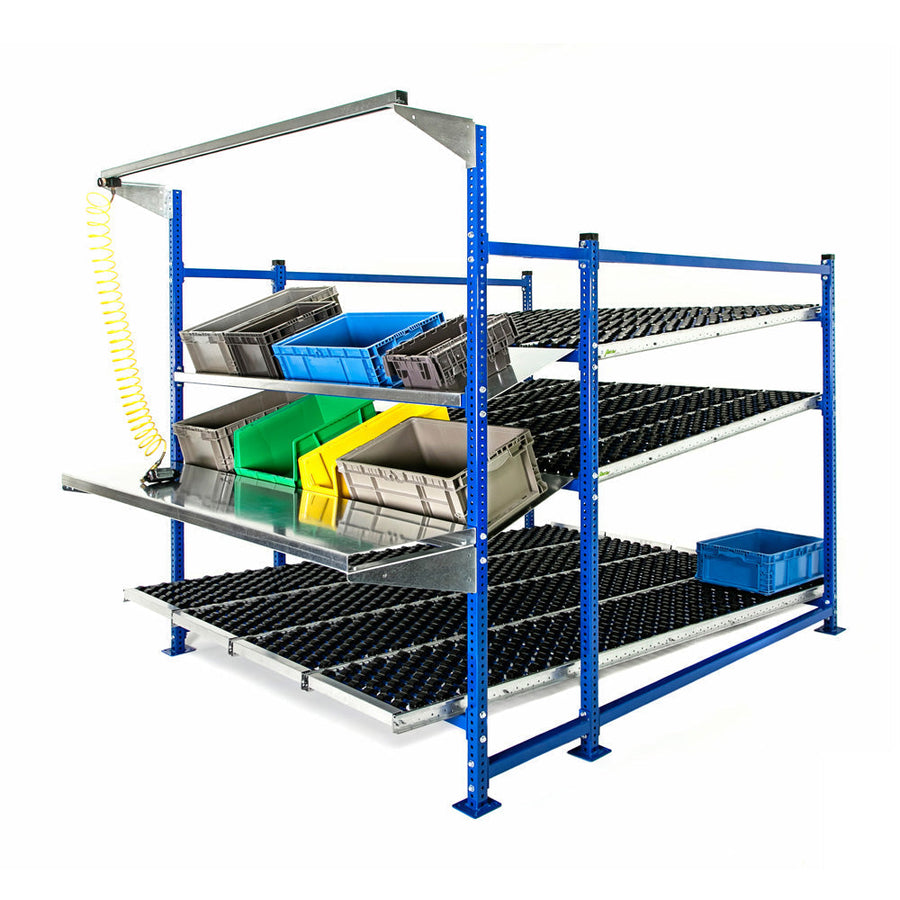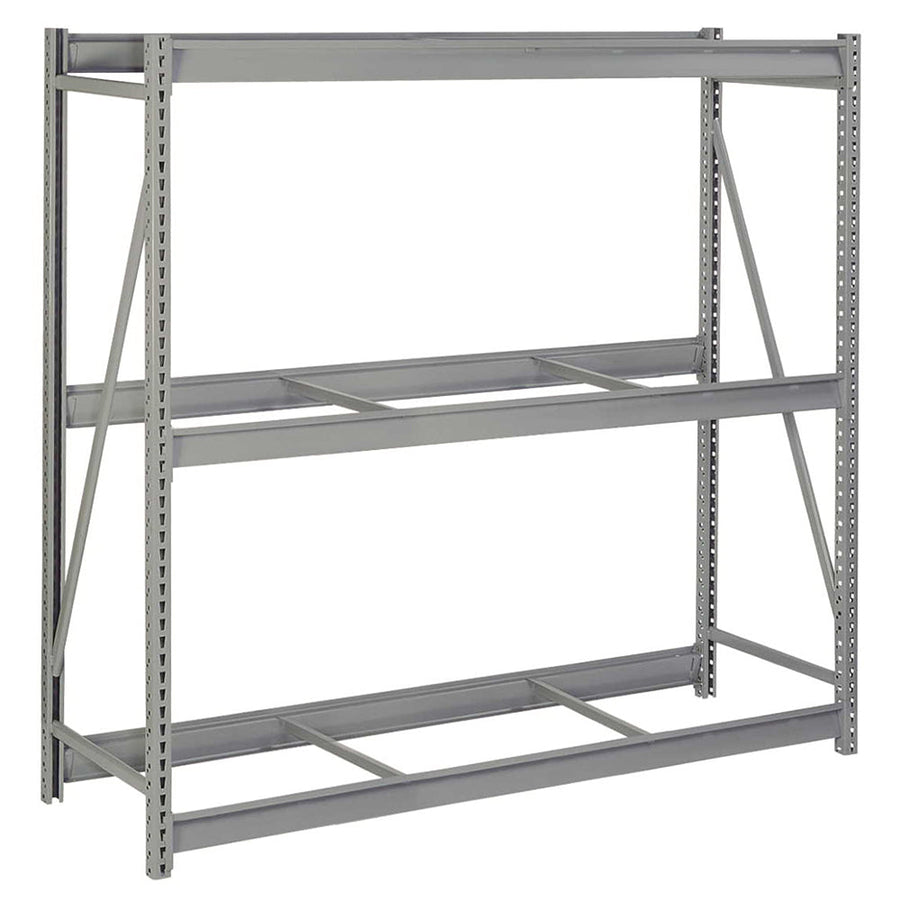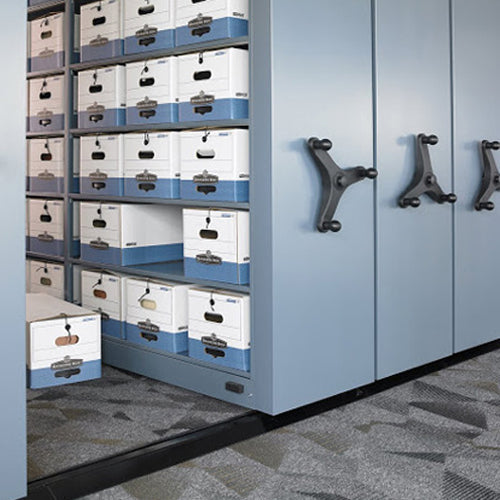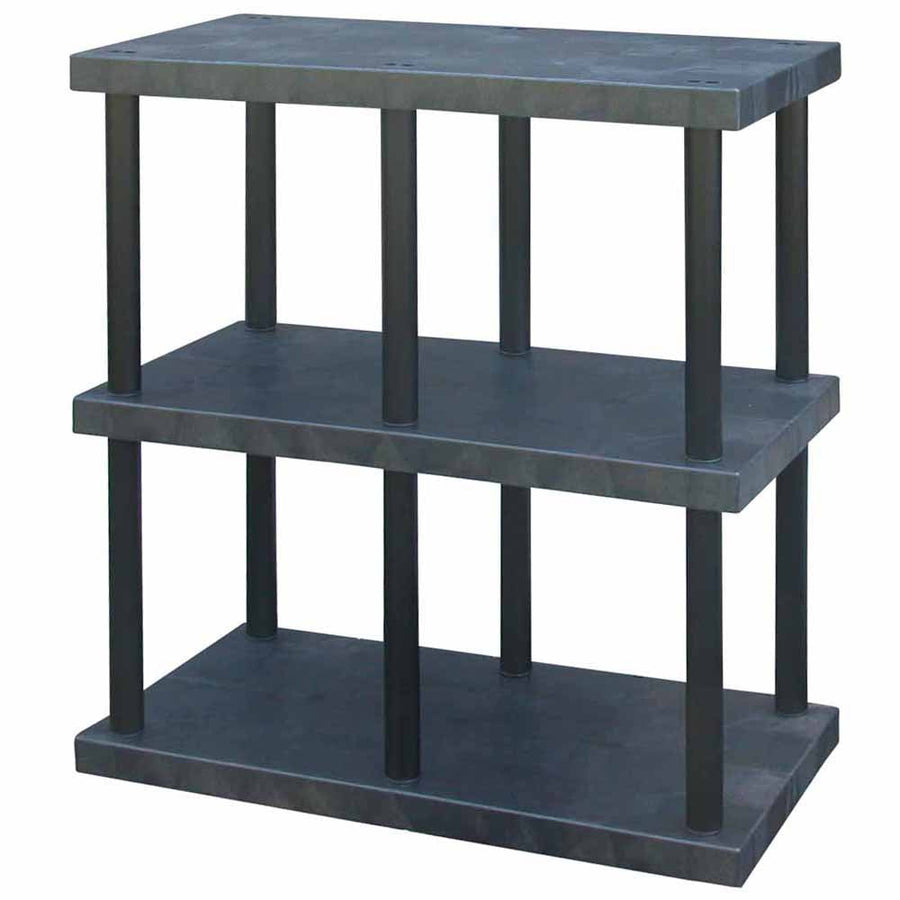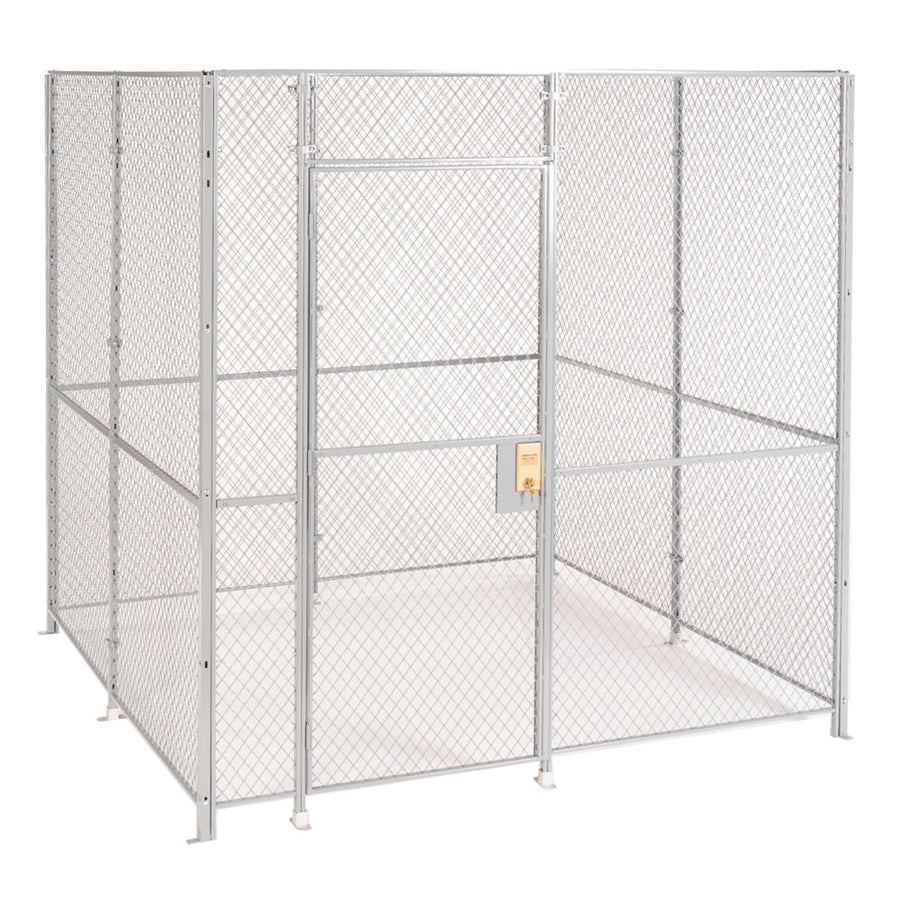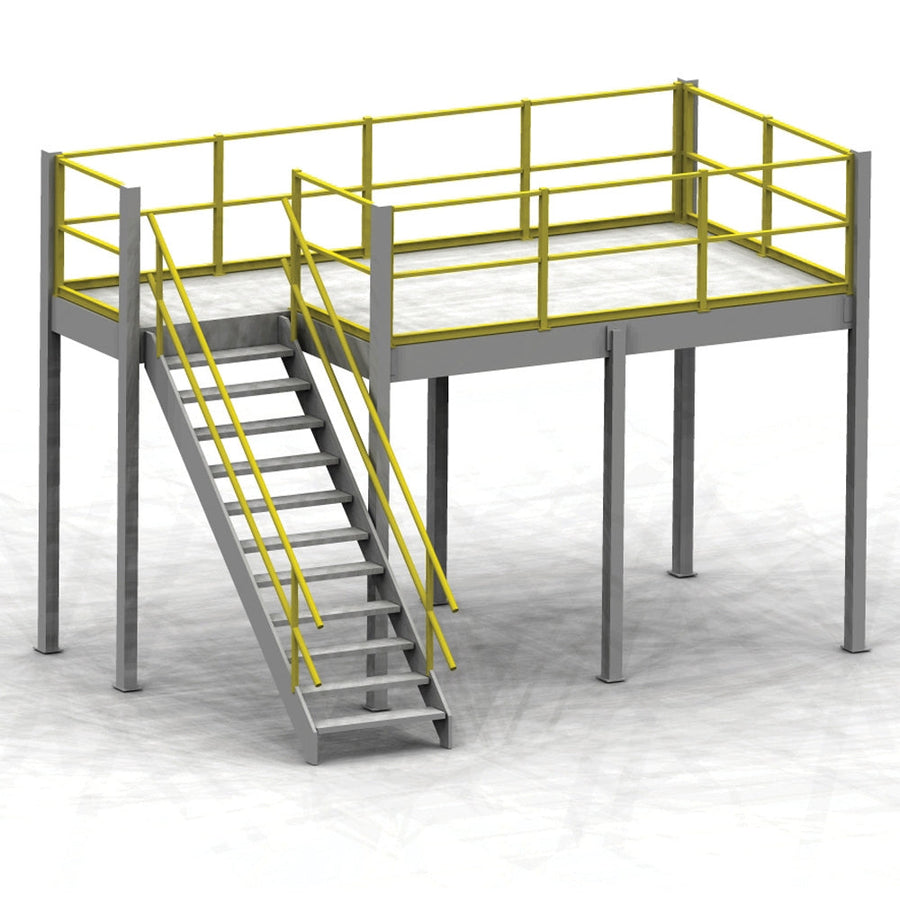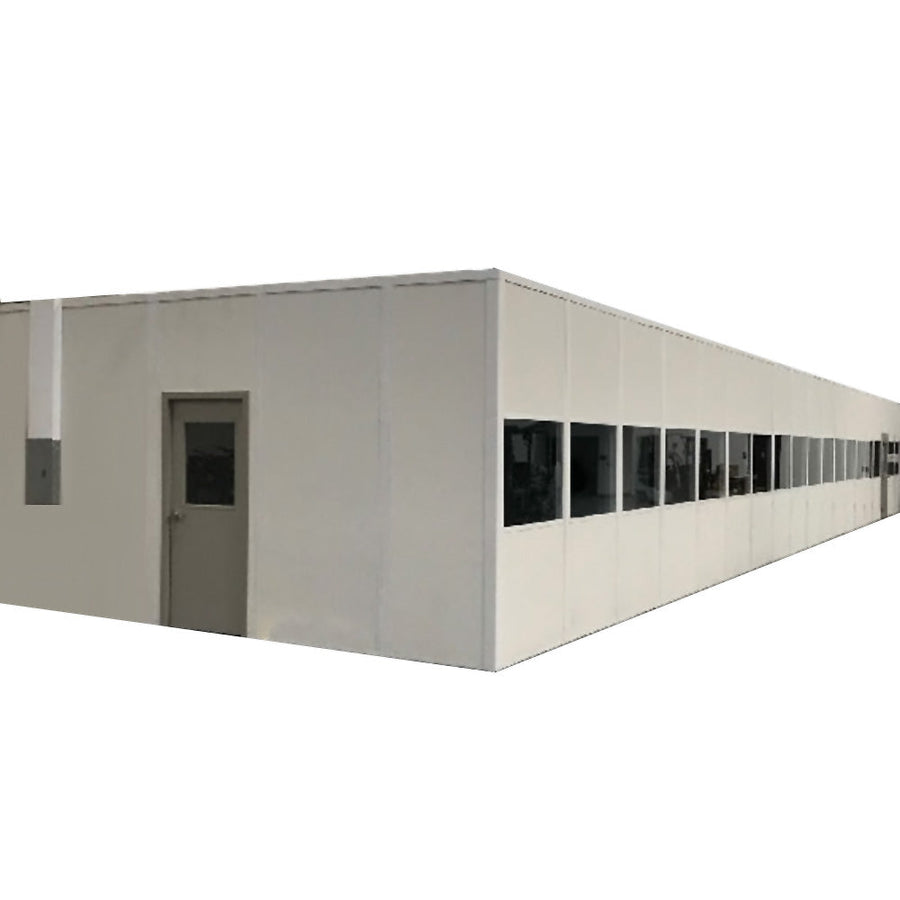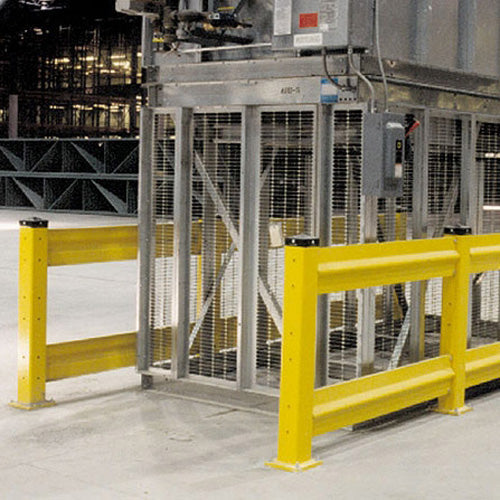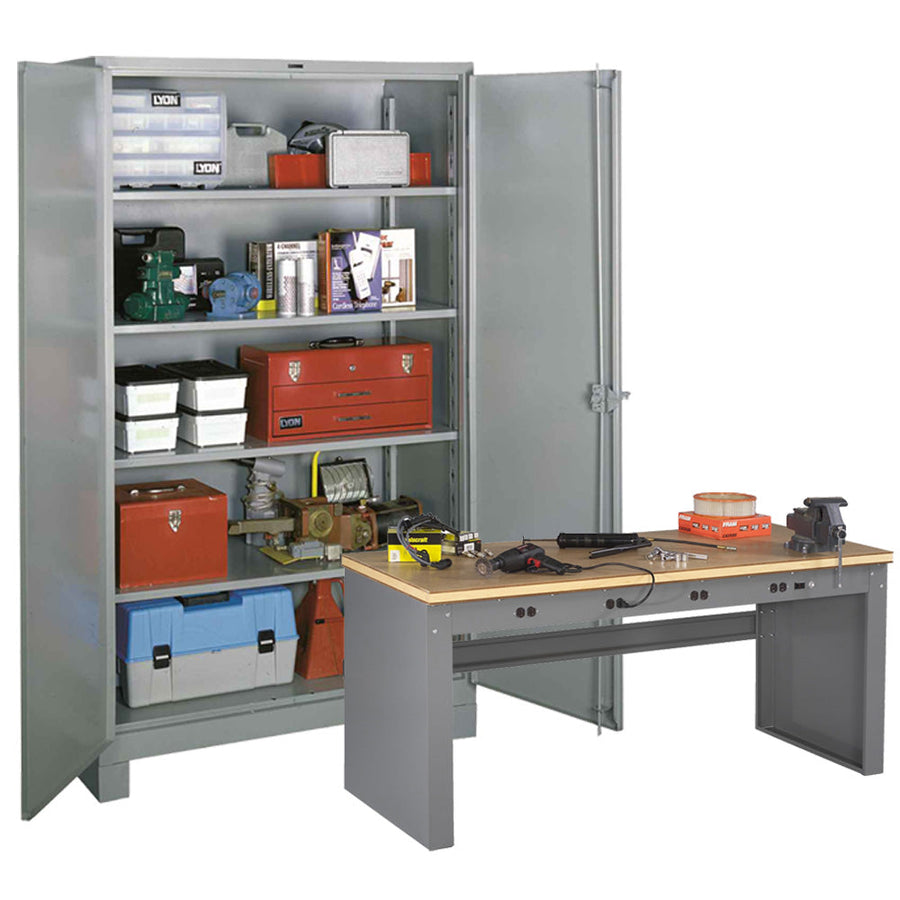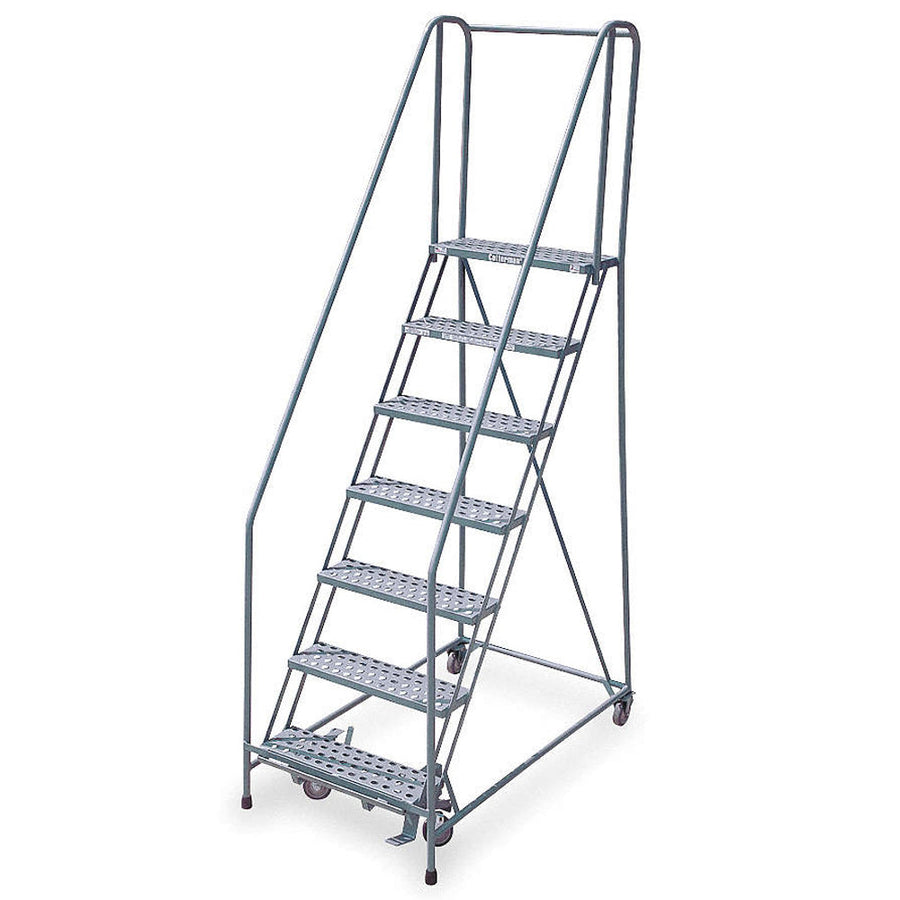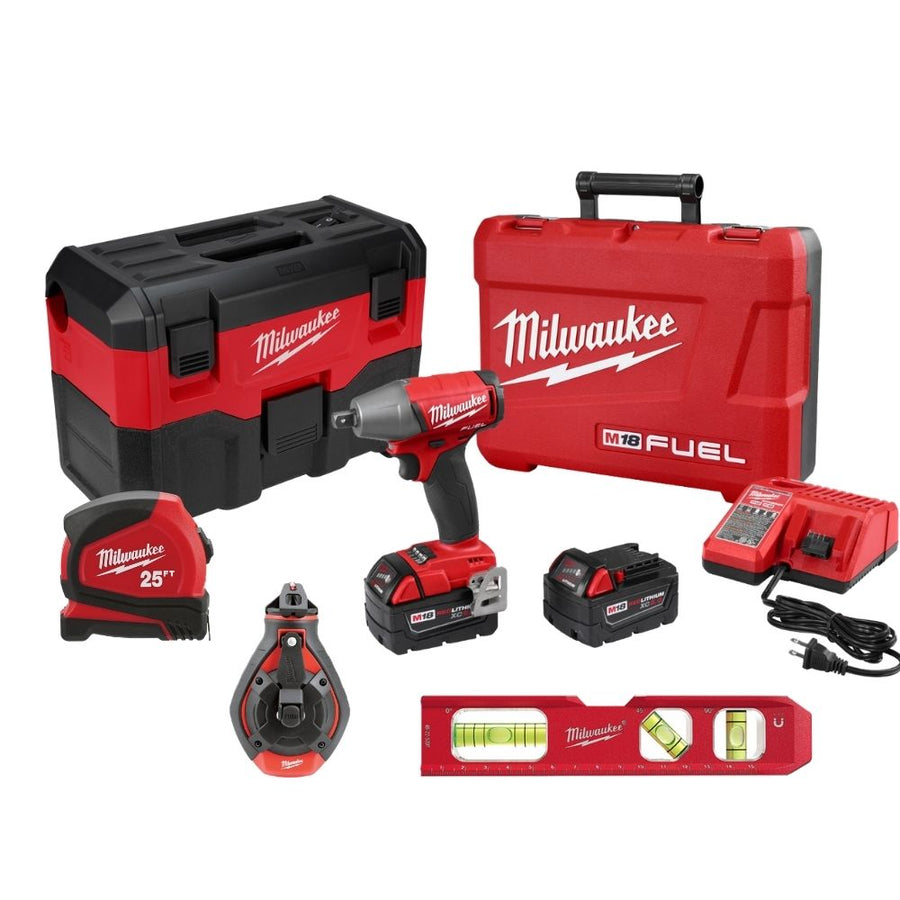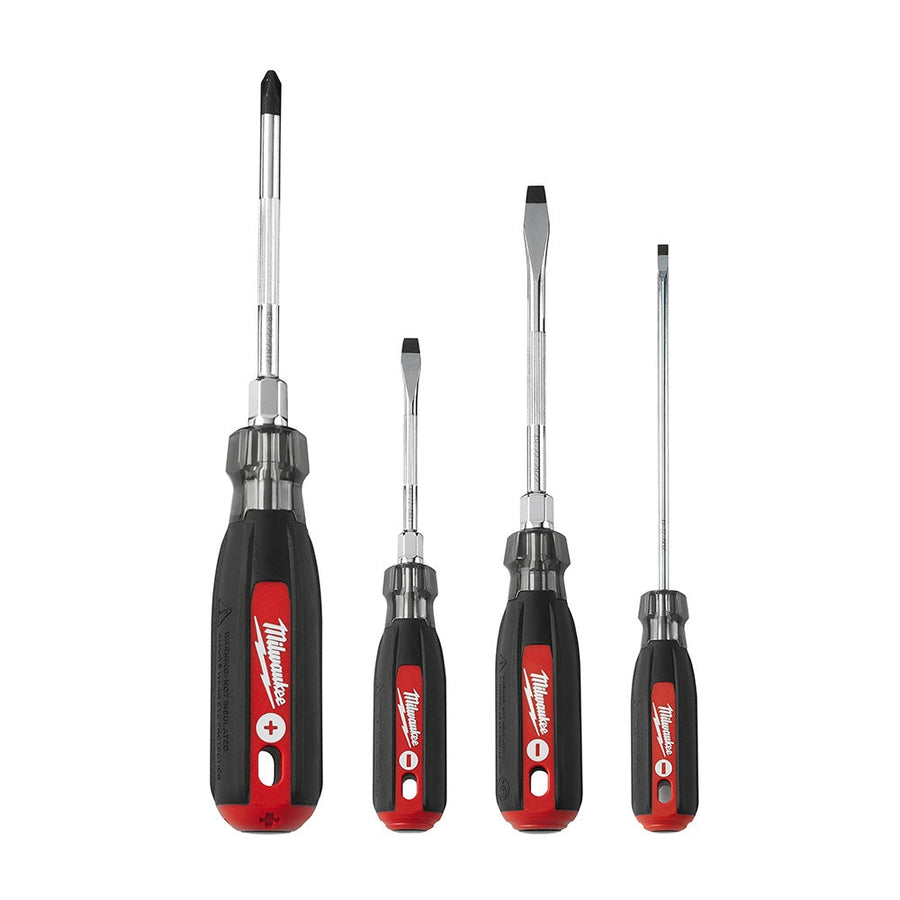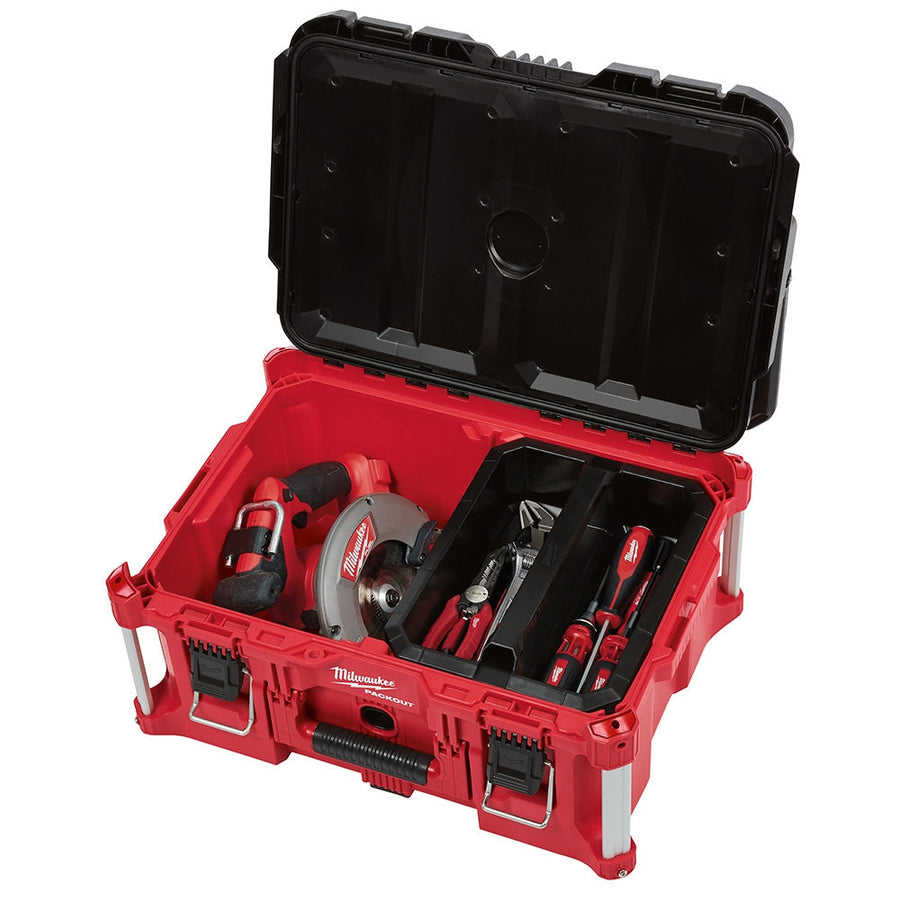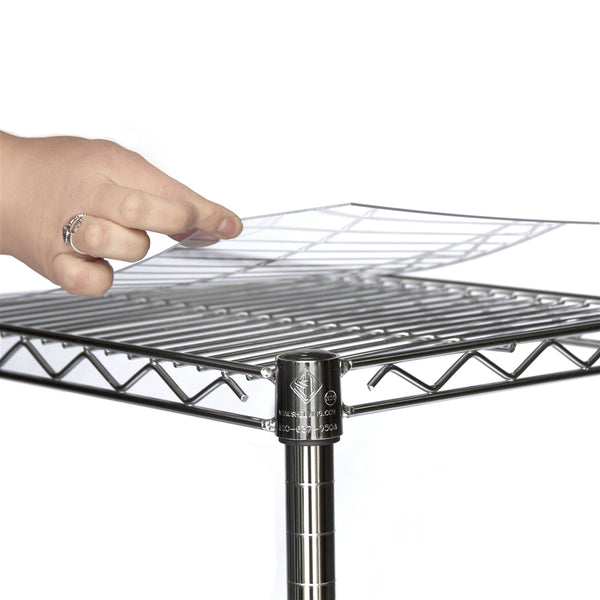Supply chains, especially in the modern warehousing landscape, can often be as fragile as they are important.
Disruptions of all kinds can impact your supply chain, from natural disasters and dangerous weather to product shortages, vendor unavailability, and technology outages. While accepting these potential supply chain issues is a fact of life for warehouses of any size or industry, there’s still a lot you can do to maintain the integrity of your supply chain while preparing for these potential issues.
What is supply chain integrity?
As much of a point of discussion as “supply chains” have been in the media over the past few years, the idea of supply chain integrity remains a bit less commonly-understood.
“Supply chain integrity” refers to how solid your supply chain is from one end to the other. Think of it as an umbrella term for a number of different factors stemming from daily supply chain activities, such as product availability, logistics & transport, and financial handling.
Simply put, the better your supply chain integrity, the less chance you have of encountering major supply chain disruptions to the point of affecting your daily operations.
How can you improve & protect your supply chain integrity?
Supply chain integrity comes with nearly as many different forms and processes as the supply chain itself does, but by being proactive in a few major categories, you can reduce your risk of supply chain disruptions:
Minimizing delays
Delays of any kind, whether in your warehouse or further up the supply chain, can strongly hamper the overall efficiency and integrity of your supply chain. These delays can be mitigated within your warehouse by keeping up on practices such as:
- Safe handling practices in the warehouse: Protecting your workers from injury or harm should always be job #1, but these safety measures can have a cascading effect across your supply chain as a whole. By providing safety training and safety features (such as guard rails) at strategic areas in your warehouse, you can reduce the risk of damaged products, thus reducing the risk of an order going out late (or not at all).
- Proper storage for goods: Similarly, using the wrong type of storage on a given item can lead to greater risk of breakage and delays in handling. Perishable goods need to be stored on the correct types of walk in cooler shelves or NSF shelving, and the right type of shelving needs to be used for goods of different sizes (such as cantilever racks) to reduce the risk of damage.
Data visibility
- Proper tracking of finances and paperwork: Above and beyond the material needs of a warehouse, supply chains can be disrupted just as easily by improperly-filed paperwork. By maintaining master data sets to track your transactions, shipments, and customer orders, you can keep a better eye on the documents you may need to resolve any disputes or prevent mishandled orders down the road.
- Data security: Similarly, warehouse cybersecurity can help prevent downtime caused by stolen data, ransomed information, or loss of secure customer info. By practicing proper cybersecurity precautions, you can better mitigate the risk of your supply chain being affected by lost data or technological issues.
Vendor relationships
- Backup suppliers: While cultivating proper relationships with consistent vendors is crucial for product supply, being over-reliant on one single vendor for popular products can greatly increase your risk of stock outages or delayed shipments. Make sure to keep safety stock on hand, and if you can’t keep safety stock, at least have another vendor you could work with to obtain these goods.
- Continued vendor lifecycle: Similarly, even the most reliable vendor may not be in business forever, and if one of your bigger suppliers suddenly backs out or closes up shop, you’ll need another source for those goods. Maintain open communication with your vendors to get out as far ahead of any potential disruptions as possible, and work to ensure no long-term delays or snags in the process.
With these tips in mind, hopefully your supply chain will be more resilient than ever.

